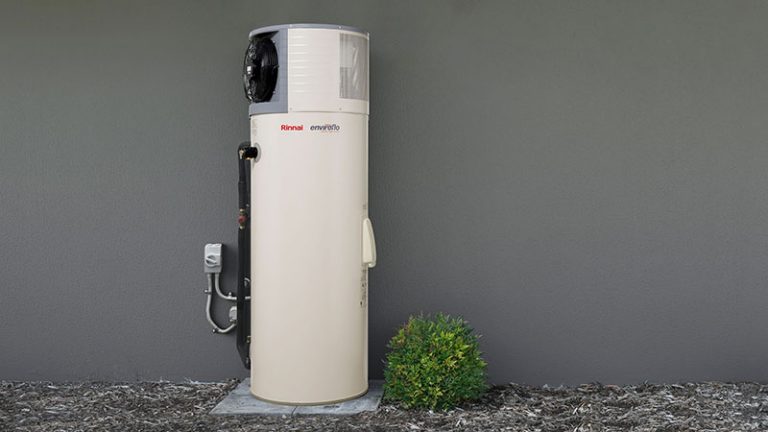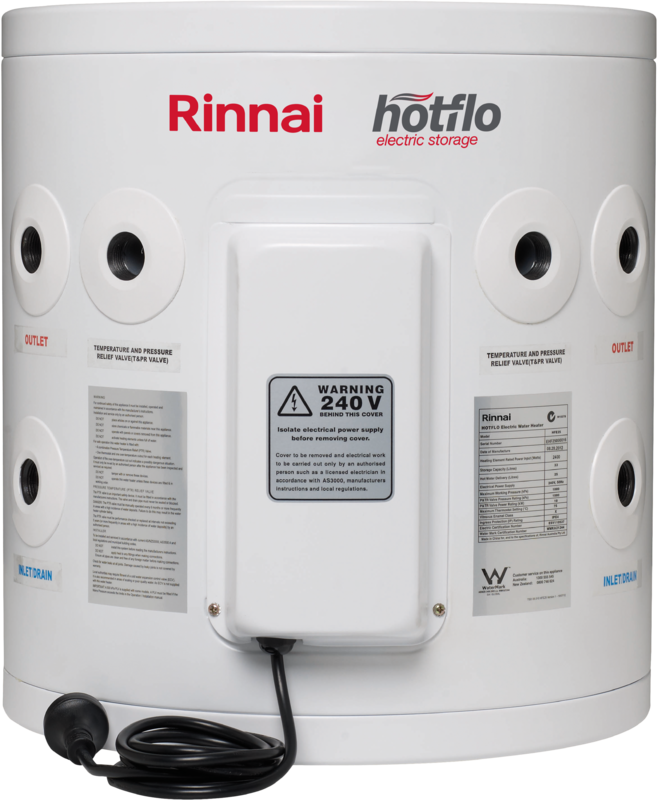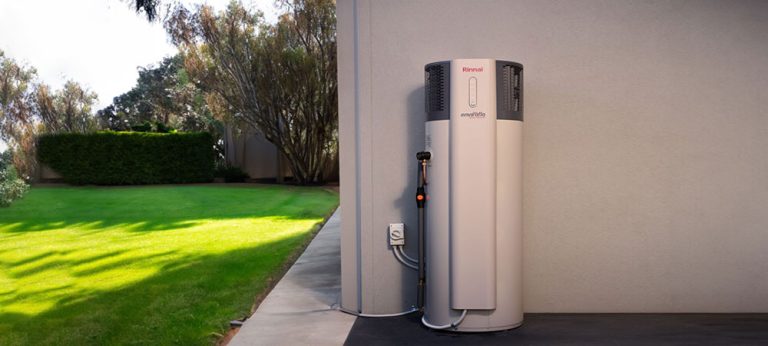The Revolutionary Efficiency of Heat Pump Hot Water Systems
The Revolutionary Efficiency of Heat Pump Hot Water Systems: A Deep Dive
The Core of Heat Pump Hot Water Systems
Heat Pump Hot Water Systems represent a significant leap in water heating technology. At their core, these systems function by extracting heat from the surrounding air or ground and transferring it to the water. This process, known as heat exchange, is inherently more energy-efficient than traditional water heating methods that generate heat directly.
How Heat Pumps Work in Water Heating
The working principle of a heat pump in a hot water system is fascinating yet straightforward. It involves a refrigerant cycle, where the refrigerant absorbs heat from the environment, compresses it to increase the temperature, and then transfers this heat to the water in the system. This innovative approach allows for significant energy savings, as the heat is moved rather than generated.
Energy Efficiency and Environmental Impact
The energy efficiency of Heat Pump Hot Water Systems is unparalleled. They can be three to four times more efficient than conventional water heaters. This high efficiency translates to lower energy bills and a reduced carbon footprint, making it an environmentally friendly choice for homeowners.
Comparative Analysis: Heat Pump vs. Traditional Systems
When compared to traditional water heating systems, Heat Pumps stand out in several aspects.
Energy Consumption and Cost-effectiveness
Traditional systems, such as electric or gas water heaters, consume more energy as they generate heat directly. Heat Pump Systems, on the other hand, merely move existing heat, requiring less energy. This difference results in notable cost savings over time.
Environmental Considerations
The environmental impact of Heat Pump Systems is significantly lower compared to traditional systems. By using less electricity and reducing reliance on fossil fuels, these systems contribute to lower greenhouse gas emissions and a smaller carbon footprint.
Installation and Maintenance: What You Need to Know

Installing a Heat Pump Hot Water System requires careful consideration of various factors.
Understanding the Installation Process
The installation involves selecting an appropriate location, ensuring there is enough space for the unit, and connecting it to the existing water supply. It’s essential to hire a professional installer for this task to ensure optimal functioning and adherence to safety standards.
Maintenance Tips for Longevity
Regular maintenance is key to the longevity of a Heat Pump Hot Water System. This includes cleaning filters, checking the system for leaks, and ensuring the refrigerant levels are adequate. While these tasks can be performed by homeowners, it’s advisable to have periodic check-ups by a professional.
Optimizing Your Home for Heat Pump Hot Water System

To maximize the benefits of a Heat Pump Hot Water System, certain home optimizations are necessary.
Home Insulation and System Location
Effective insulation is crucial to prevent heat loss. Additionally, choosing the right location for the system, preferably in a warmer area, can enhance its efficiency.
Preparatory Measures Before Installation
Before installation, it’s important to assess the home’s electrical system compatibility, water piping, and ventilation to ensure they can support the Heat Pump System.
Financial Incentives and Rebates

Several governments and local authorities offer incentives for installing energy-efficient systems.
Exploring Available Options
Homeowners should research and understand the available rebates and tax credits in their region, as these can significantly offset the initial installation costs.
The Long-term Savings: A Financial Perspective
See our article: Heat Pump Hot Water Systems Explained: Simple Guide FAQs
The upfront cost of a Heat Pump Hot Water System might be higher than traditional systems, but the long-term savings are substantial.
Analyzing Energy Prices and Maintenance Costs
When calculating the savings, consider the lower energy consumption, reduced maintenance costs, and the longevity of the system. Over time, these factors contribute to a more cost-effective solution.
The Environmental Impact: Beyond Energy Savings
The positive environmental impact of Heat Pump Hot Water Systems extends beyond just energy savings.
Reducing Carbon Footprint and Conserving Resources
By using renewable heat sources and reducing electricity consumption, these systems play a crucial role in reducing greenhouse gas emissions and conserving natural resources.
User Experiences and Case Studies
Personal experiences and real-life applications offer valuable insights into the practicality and benefits of Heat Pump Hot Water Systems.
Testimonials from Homeowners
Hearing from individuals who have made the switch can provide an authentic perspective on the performance and benefits of these systems.
Troubleshooting Common Issues
Even the most reliable systems can encounter problems. This section will address common issues and their solutions.
Identifying and Resolving Typical Problems
Understanding common problems like insufficient heating, noise issues, or system malfunctions can help homeowners quickly resolve issues or know when to seek professional help.
The Future of Water Heating: Heat Pump Technology
Advancements in Heat Pump technology are set to revolutionize home heating solutions.
Innovations and Trends in Heat Pump Technology
We will explore the potential future developments in this field, focusing on increased efficiency, reduced costs, and wider adoption.
FAQs: Answering Your Queries About Heat Pump Hot Water Systems
- How does a Heat Pump Hot Water System differ from a traditional water heater?
- What are the maintenance requirements for a Heat Pump System?
- Are there any government rebates for installing Heat Pump Systems?
- How long does a typical Heat Pump System last?
- Can Heat Pump Systems work in colder climates?
- What is the average cost of installing a Heat Pump Hot Water System?
Conclusion: Embracing the Change for a Sustainable Future
In conclusion, Heat Pump Hot Water Systems represent a significant step towards more sustainable and efficient home heating solutions. By understanding their operation, benefits, and maintenance, homeowners can make informed decisions about their water heating needs. Embracing this technology not only contributes to individual cost savings but also plays a vital role in our collective efforts towards a greener, more sustainable future.

